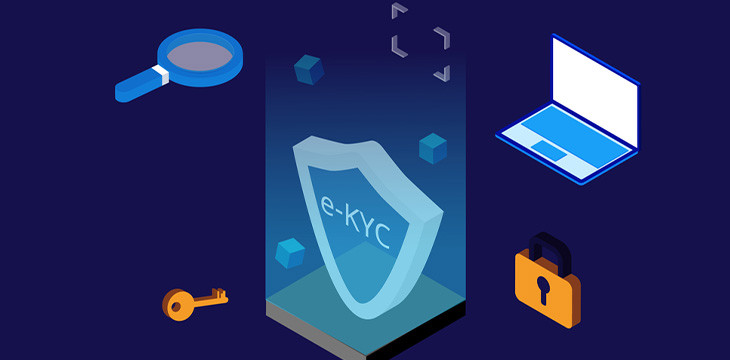The Pakistan Banks’ Association (PBA) has agreed to collaborate on the creation of a national electronic Know Your Customer (eKYC) banking platform using blockchain technology.
Members of the PBA signed the project contract at the association’s headquarters in Karachi, with key executives being present. According to the document, the first-of-its-kind eKYC platform, called “Consonance,” will be built by Avanza Group, a technology firm with considerable experience in blockchain and Artificial Intelligence (AI).
The collaboration is considered to be an attempt by the PBA to comply with the State Bank of Pakistan (SBA) anti-money laundering (AML) rules. Since 2020, the Pakistani central bank has been working on strengthening the framework for AML and Terrorism Financing for financial institutions and service providers.
Upon launch, Consonance will rely on blockchain to provide banks and other financial institutions with a standardized framework to carry out KYC checks that will be interoperable across the board. Another perk associated with the launch of the eKYC platform is the ease of onboarding new customers to financial platforms and improving operational efficiencies for old users.
“This will be a support platform for Pakistan’s banking industry and all participating member banks will be able to perform assessments of their existing, as well as new customers, by utilizing information/data available with any other bank on ‘Consonance’,” a PBA statement read.
The association clarified that sharing customer details will be done with the customer’s full consent, with decentralization and transparency being the project’s core themes.
The PBA comprises 31 local and international banks operating in Pakistan, including Citibank, Deutsche Bank, and the Industrial and Commercial Bank of China.
Pakistan bracing for CBDCs
Pakistan banks are preparing themselves for the launch of a central bank digital currency (CBDC), widely considered to change the financial landscape. Ahead of the launch in 2025, the central bank announced the formulation of new legislation to regulate Electronic Money Institutions (EMI) to assist in the rollout.
“This new category of institutions will complement the efforts of the government in creating an enabling environment to empower stakeholders in trade and commerce,” Finance Minister Asad Umar said.
Pakistan hopes to close the gap between it and its next-door neighbor India in the CBDC race. Industry experts believe that the central bank will rely on blockchain for the launch of both retail and wholesale CBDCs for the country.
Watch: New Technologies, New Futures for Nations
 coingeek.com
coingeek.com
